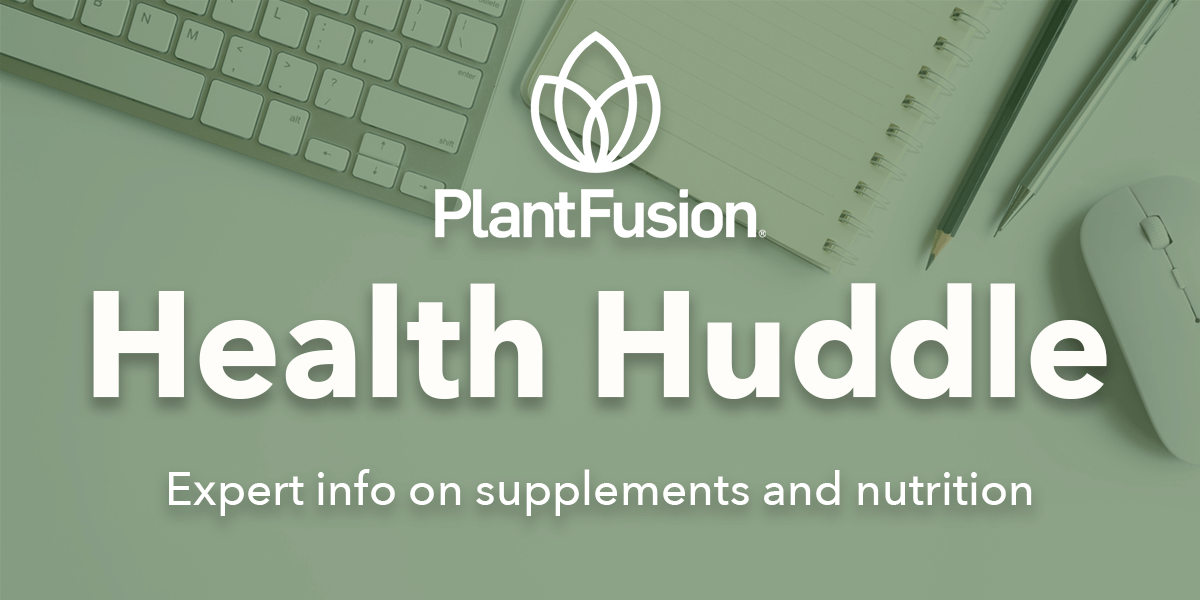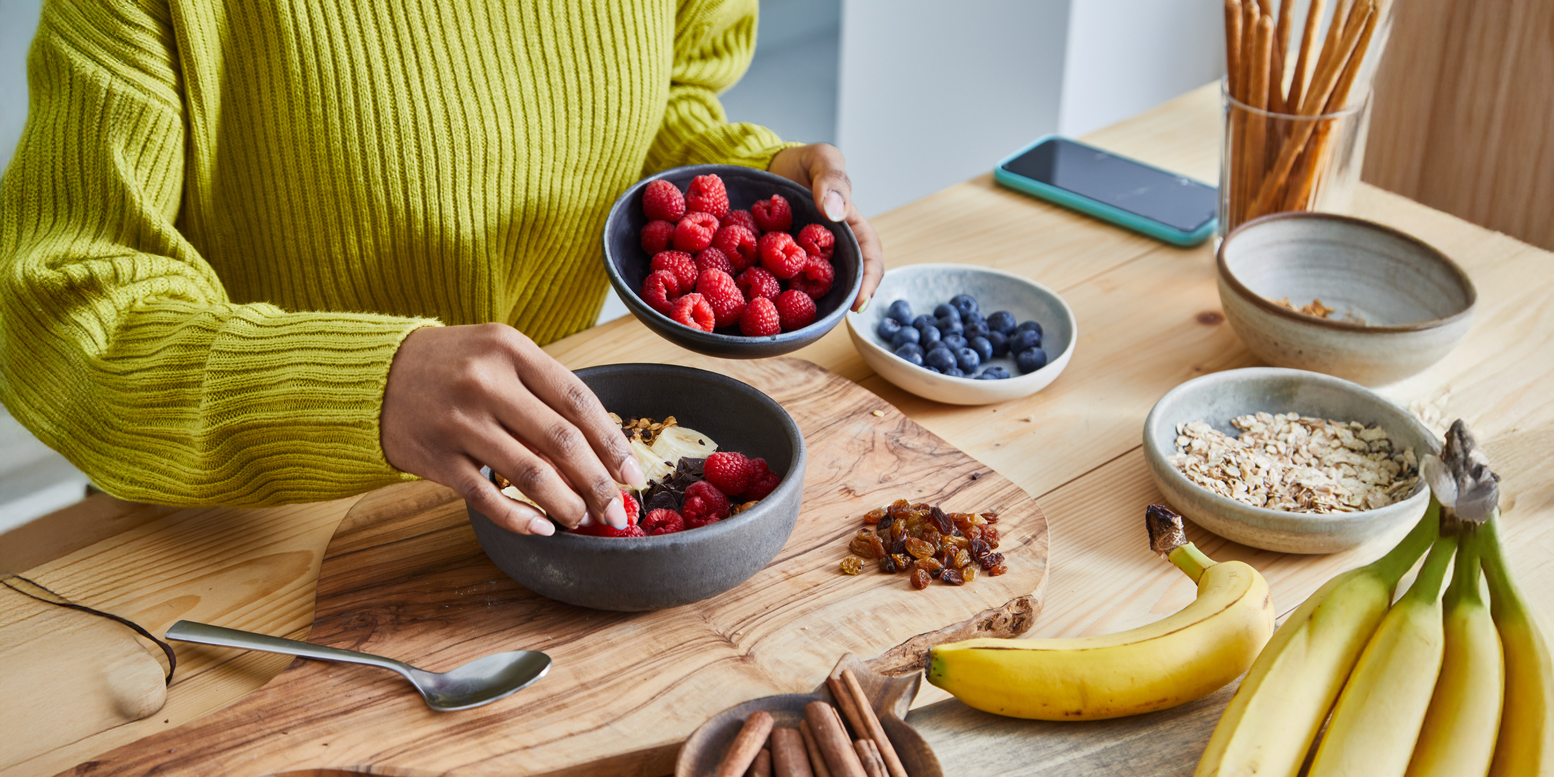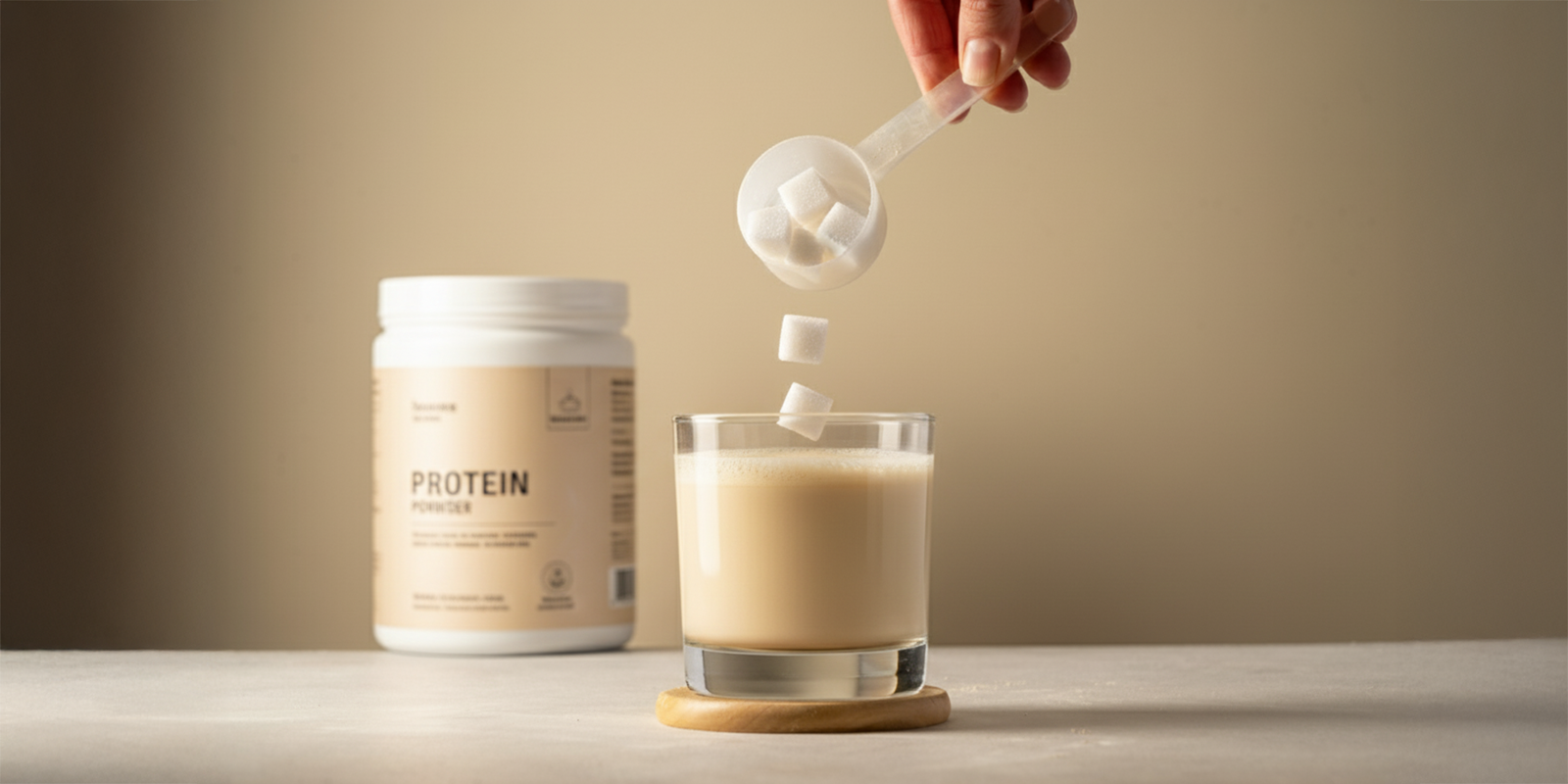Plant-Based Protein has NEVER been more in-demand. And with good reason! The variety of options, quality of ingredients, and many health benefits of plant-based proteins have everyone jumping on board the plant-based train. Whether you are a professional athlete, a vegan, or just trying to make dietary choices that will provide health benefits inside and out, it is easy to find plant-based proteins that you can feel good about and will fit into your lifestyle.
This Ultimate Guide to Plant-Based Protein will provide helpful information about plant-based protein, the main differences between plant proteins and animal proteins, what complete proteins are and why they are important, and how to get enough protein from plant-based sources.
Table of Contents:
An Introduction to Plant-Based Protein
A new study has revealed that the number of Americans following plant-based diets is up nearly 9.4 million over the last 15 years. Even people not identifying as vegan or vegetarian are choosing plant-based options on a more regular basis. Exclusively sourced from plants, some common plant protein sources are nuts, seeds, tofu, certain grains, peas, and "pulses" – which are a large group of plants that provide beans (such as black, pinto, and kidney beans), chickpeas, lentils, and split peas.
Plant proteins are highly nutritious. They provide an excellent source of fiber, vitamins, and minerals. Most of them are not "complete proteins" on their own, but they can easily be combined to form complete proteins.
To be classified as a complete protein, a food must contain allnine essential amino acids. These are amino acids that our bodies cannot make on our own, therefore we must obtain them from food sources.
Eating a variety of plant protein sources is one way to get all of the essential amino acids. This does not even have to be done in one meal or for every meal – a general weekly diet where a full spectrum of amino acids is being consumed is sufficient. Supplementing with a complete plant-based protein powder is a tasty, convenient way to get all of the essential amino acids, as well!
Protein is very important for our health. It's a component of every cell in the human body, we need it to produce enzymes and hormones, and our hair and nails are made almost entirely of protein! Plant-based protein in particular has the added benefits of improving gut health, providing essential vitamins and minerals, and making you feel satisfied for a longer time – which can also help in maintaining a healthy weight.
Best Sources of Plant-Protein
Although our bodies need protein, it does not have to come from animals. We need key nutrients – including protein - which we can easily get from plant-based foods.
There are many plant-based products people regularly consume without even realizing they are good sources of protein. Whole-grain breads, for example, are probably a common bread choice for many shoppers, and many of these breads are also a good source of protein. Lentils, beans, nuts, and even many fruits and vegetables can play an important role in providing us with protein and other essential nutrients. ALL plants contain protein, which is why there are so many plant-based protein options!
Here's a quick list of 10 Plant-Based Foods that are easy to find, easy to prepare, and provide a good source of protein:
- Lentils
- Chickpeas
- Beans (especially with rice!)
- Nuts
- Quinoa
- Soy (tofu, tempeh, and edamame)
- Seeds (chia and hemp)
- Vegetables (just one single stalk of broccoli contains about 4 g of protein!)
- Potatoes
- Protein Powder Supplements
The amount of protein we need depends on several factors, such as our age, activity level, body composition, and overall health condition. Currently, the U.S., Canada, and several other countries recommend 0.8 grams per kilogram of body weight. For a 140-pound person, that translates to about 50 grams of protein a day – or 10% of total calories.
While it is true that you may need to combine food sources if eating exclusively plant-based in order to ensure you are getting a complete protein (all 9 essential amino acids), eating a whole-food, plant-based diet will generally provide a protein content at or above 12 to 15 percent of total calories, which is plenty.
Plant-Protein vs. Animal Protein
The biggest difference between animal protein and plant protein is that most plant proteins do not contain all nine essential amino acids, while most meat proteins do. That being said, when we eat food, we don't just isolate the protein content - we eat everything that comes along with protein in that food.
For example, certain sources of animal protein can contain high levels of heme iron and vitamin B-12, but may also have higher levels of saturated fats. Plant proteins contain specific nutrients, antioxidants, and fiber, but animal proteins do not. Pound-for-pound, plant-based proteins will pack more nutrients into fewer calories, while data suggests that high meat (and especially red meat) intake increases the risk of some cancers.
There is plentiful research to support the many benefits of a vegetarian/vegan diet, such as a lowered risk of stroke, increased occurrence of weight loss (which helps to minimize many of the health issues related to obesity ), a lowered risk for type-2 diabetes, cancer, and heart disease, reduction in the risk of cognitive impairment, Alzheimer's, and dementia, and that their naturally-occurring antioxidants have been shown to help in the prevention and treatment of chronic diseases and in supporting the immune system.
Replacing animal protein with plant-based protein lowers the risk of death from cancer and heart disease.
Additionally, researchers found that eating just one or two servings of plant-based proteins instead of animal-based proteins a day can produce positive health benefits. This can even be done just by switching out a few servings a week of whey protein for a plant-based protein.
Athletes have used whey protein supplementation for years to help improve muscle protein synthesis and promote the growth of lean muscle mass. Although whey protein is still a popular choice for many, it's the plant proteins that are projecting the most growth.
Whey protein can have some side effects due to the fact it is an animal product, but most of these side effects are related to lactose intolerance (since lactose is the main carb in whey protein). Plant protein can be extracted from multiple sources, often combining different grains, legumes, nuts, and seeds, and the plant-based protein powders on the market today also tend to include additional ingredients to provide even more health benefits. Many of them contain essential amino acids, digestive enzymes, pre-and probiotics for gut health, added fiber, antioxidants, or specialty herbs for a targeted benefit (such as supporting hormonal balance).
Replacing animal proteins with plant proteins doesn't have to be an all-or-nothing change. Just making an effort to eat more plant-based foods and focusing on overall nutrition will provide ample health benefits and reduced health risks.
The Truth About Plant-Based Protein and Muscle Bulding
As plant-based diets have increasingly grown in popularity among consumers, there has also been a rise in the number of serious and professional athletes joining the movement. A fairly recent film called The Game Changers has gone a long way to address the "athletes need meat" myth, forever crushing the old stereotype of the weak, skinny vegetarian.
The number of plant-based professional athletes has been steadily increasing for years, proving to the world that building and maintaining muscle and strength on a plant-based is not only possible but is quickly becoming the new normal across a broad range of sports.
According to a study published in Sports Medicine, a diet that is high in protein and exclusively plant-based supports muscle strength and mass gains just as well as one that includes animal protein. Overall, researchers have concluded that as long as you’re getting the amount of protein you need, the source isn’t as important.
In general, plant-based foods contain fewer calories than animal-based foods. This allows us to eat more food and feel fuller without necessarily gaining more body fat. For people on a plant-based diet whose goal is to gain muscle and strength, however, they need to focus on foods that have higher caloric density. Grains, beans, tofu, nuts and nut butters, plant-based meat alternatives, seeds, and avocados are good sources of protein-rich, nutritionally dense foods. Additionally, when it comes to building muscle, some specific amino acids called BCAAs (Branched Chain Amino Acids) play a very important role.
BCAAs are the three essential amino acids leucine, isoleucine, and valine. Our bodies can use these as building blocks for protein and muscle building, and research has shown them to help increase the rate of protein building and decrease the rate of protein degradation in resting human muscle.
In addition to providing protein and amino acids, plant-based protein sources are full of many other important nutrients that help with muscle building, can help to increase energy and blood flow, and also aid in reducing inflammation, which can shorten recovery time between workouts and help minimize muscle soreness.
Complete Protein - Vegan Protein Powder
21g of the world’s best tasting plant-based, vegan protein powder that sustains energy, builds and repairs muscle, and is easy to digest.
Summary
We hope that this guide will be helpful in providing some useful information on how plant-based proteins can be included to add health and value to your diet. Within these posts you will learn more about plant-based protein food sources, how much protein you need, how animal and plant protein sources compare, how to build muscle on a plant-based diet, and even a few kitchen tips to make it easy to get started!
In addition to our food suggestions, please check out some of our delicious plant-based protein powders! They provide a fusion of unique ingredients and flavors while delivering a dose of convenient, complete, plant-based nourishment.














